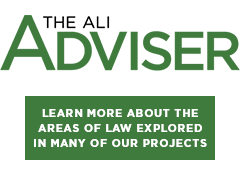Cross-Enforcement of the Fourth Amendment
In “Cross-Enforcement of the Fourth Amendment,” forthcoming in the Harvard Law Review, Orin S. Kerr of the Southern California Gould School of Law tackles the complexity of identifying who can enforce what law under the Fourth Amendment.
Abstract:
This Article considers whether government agents can conduct searches or seizures to enforce a different government’s law. For example, can federal officers make stops based on state traffic violations? Can state police search for evidence of federal immigration crimes? Lower courts are deeply divided on the answers. The Supreme Court’s decisions offer little useful guidance because they rest on doctrinal assumptions that the Court has since squarely rejected. The answer to a fundamental question of Fourth Amendment law – who can enforce what law – is remarkably unclear.
After surveying current law and constitutional history, the Article offers a normative proposal to answer this question. Drawing on principles of agency law, it proposes that each government should have the power to control who can enforce its criminal laws. Only those authorized to act as agents of a sovereign should enjoy the privilege of searching and seizing to enforce its laws. The difficult question is identifying authorization: Questions of constitutional structure suggest different defaults for enforcement of federal and state law. Outside the Fourth Amendment, governments can enact statutes that limit how their own officers enforce other laws. The scope of federal power to limit federal enforcement of state law by statute should be broader, however, than the scope of state power to limit state enforcement of federal law.
Available at SSRN: https://ssrn.com/abstract=3141086
